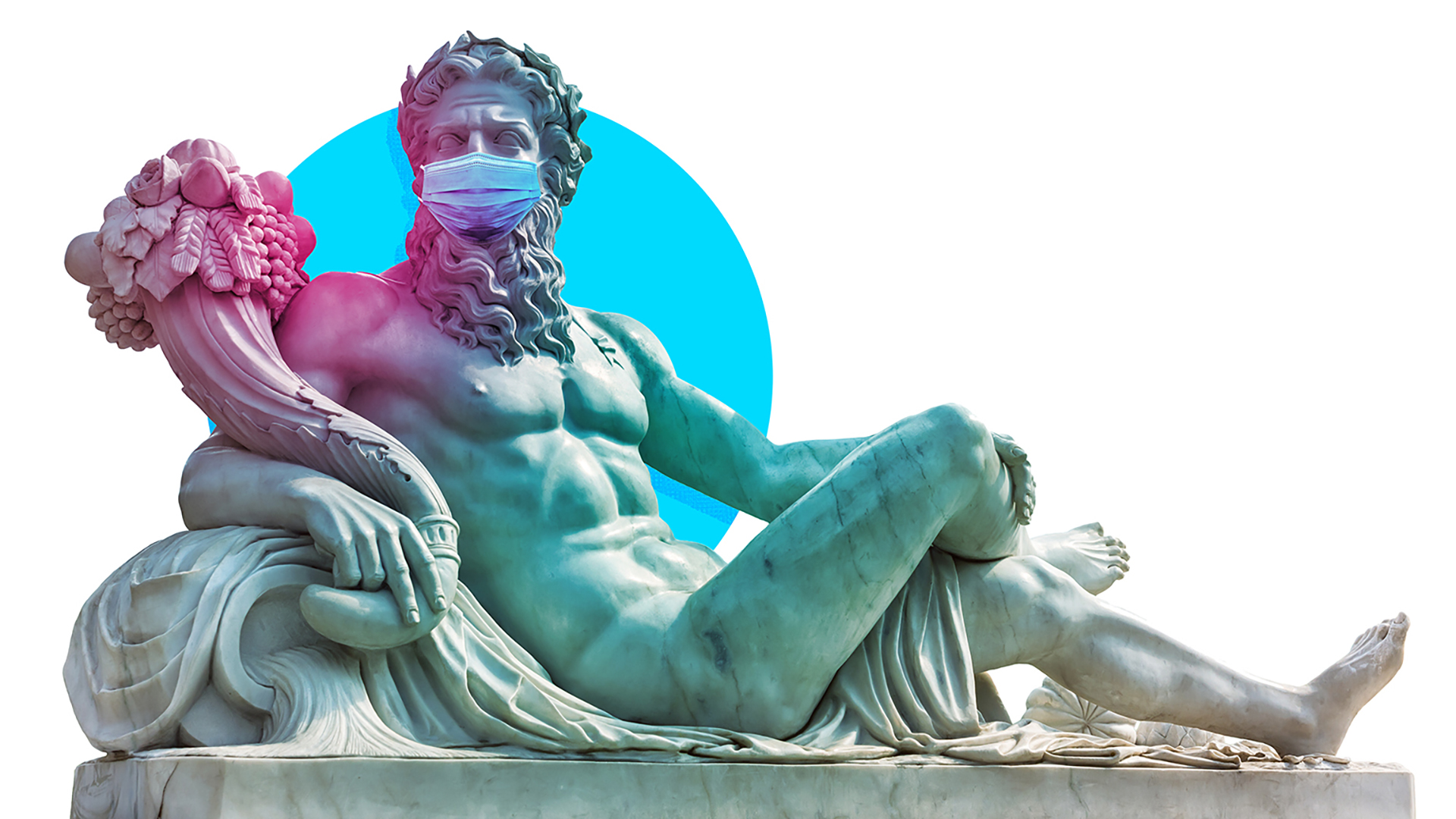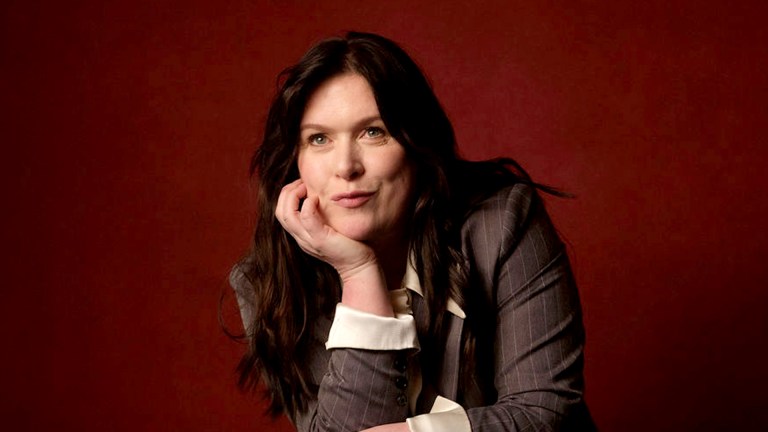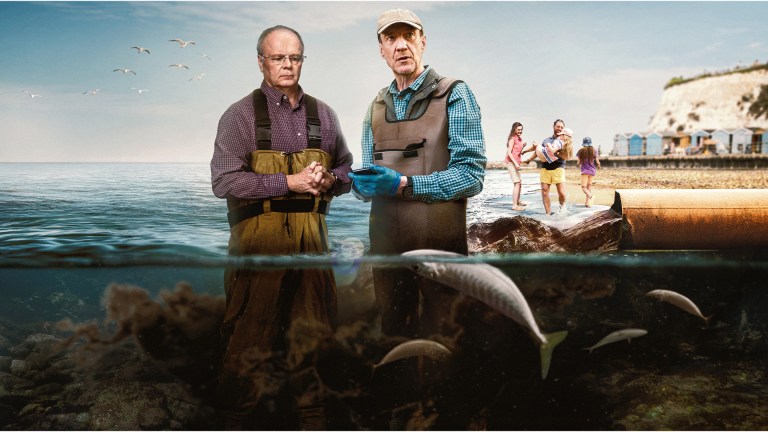The Greek myths have been around for almost as long as we have. They are a massive, sprawling collection of epic tales of heroism, love, monsters, heroes, war and gods.
The names of the main players – Zeus, Hercules, Jason, Pegasus, Aphrodite, Oedipus – have become part of our collective consciousness, our myths, our stories, our language.
Lockdowns have taken income away from hundreds of Big Issue sellers. Support The Big Issue and our vendors by signing up for a subscription.
What makes the myths stand out in terms of theology is, unlike the deities in religion, the gods in Greek mythology are not perfect. They’re flawed, prone to emotional outbursts and sudden whims, and in no way immune to temptation. In many ways, despite the fact their blood is golden and their sweat is silver, they’re no better than the humans they created. It is this weakness, this jagged edge of a character flaw, that makes the myths so relatable and iconic.
In practical terms, the myths were originally a way of explaining what the early Grecian tribes saw in the world around them. The soil they stood on needed a name, so that became Gaia, and she was bounded and covered by her husband, The Sky, Ouranos (or ‘Uranus’). There was a god who moved the sun, Apollo, and a goddess that brought the night, Nix.
I spent most of 2020 anxiously holding my breath for the announcement that theatre could return
There was someone to thank when the crops grew, and someone to appease when they didn’t. There were gods for our emotions (Aphrodite and Athena), and gods for our creativity (Apollo, Hephaestus), gods of the things we feared (Ares), and gods of the things we protected (Hestia and Hera). Parts of the year were warm and summery and parts of the year were cold and wintry. While we might feel secure explaining that in terms of the angle of our axis in relation to the sun, the ancient Greeks wrote a much lovelier explanation with the goddess of the harvest, Demeter, mourning for her daughter for half of every year, thus causing the leaves to fall and the days to shorten. You can show me a diagram of the earth’s axis all you want – part of me prefers the magic of the Persephone myth.









